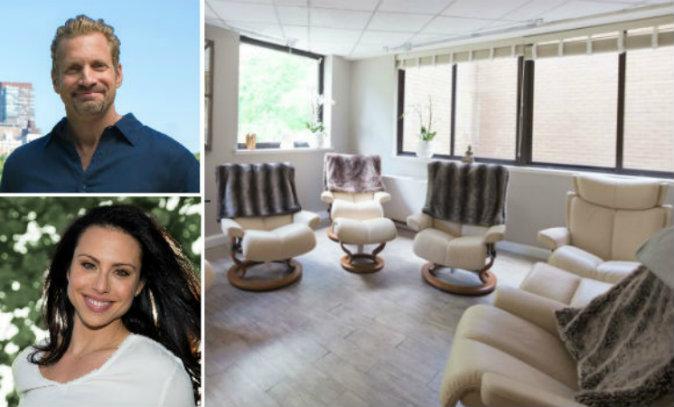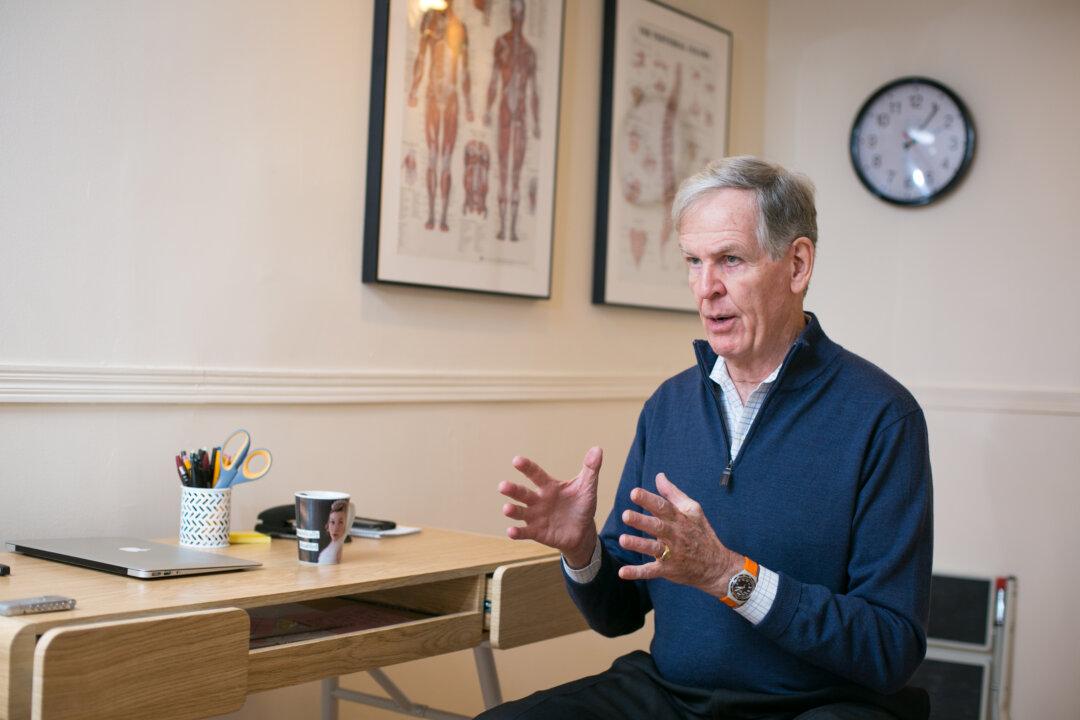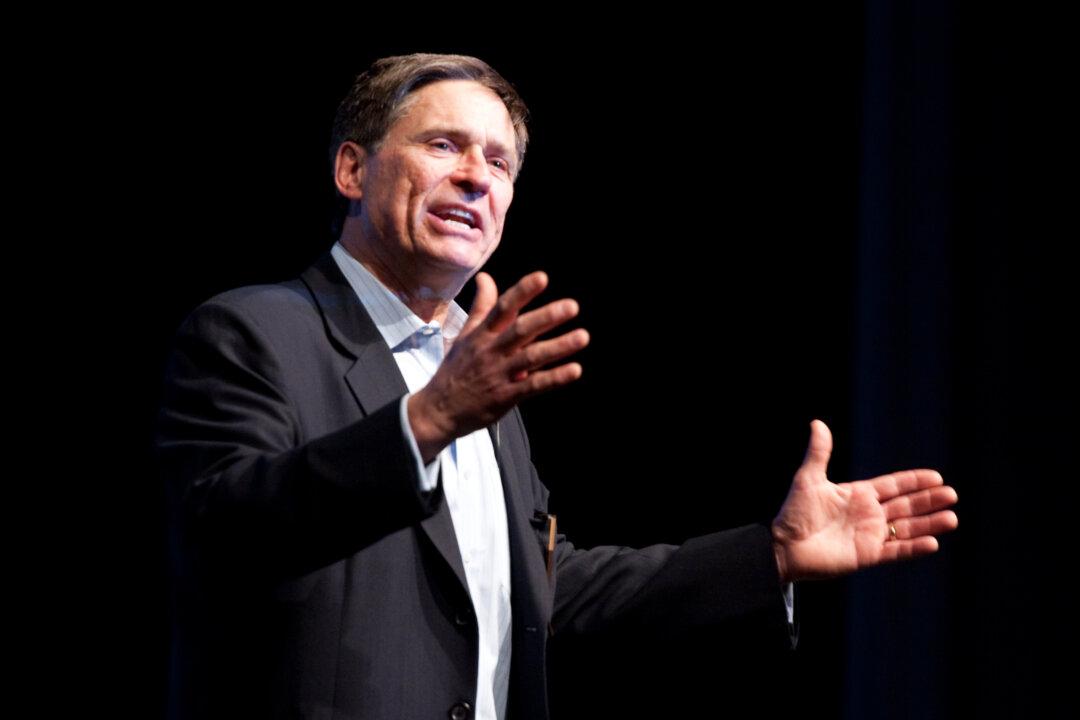As cases of chronic diseases continue to climb, so too does the number of people turning to alternative or complementary medicine to manage complex health issues.
Today, one in three Americans use some form of alternative medicine, such as acupuncture, probiotics, melatonin, chiropractic medicine, or yoga, according to the National Institutes of Health.
The increasing popularity of alternative medicine—defined as methods of treatment that are not a part of conventional medical training—has taken place amid growing discontent with the medical industry. Yet alternative medicine has also had its share of criticism for a lack of evidence-based treatments and unregulated practitioners.
We can throw medications at you, but if we start peeling back the onion and take the time, I bet we can figure out what's really causing the issue.
, medical director, the Ash Center for Comprehensive Medicine





